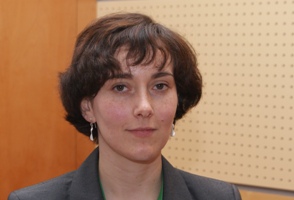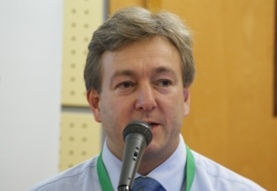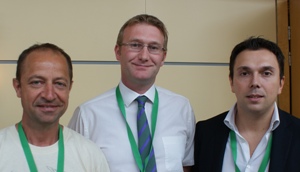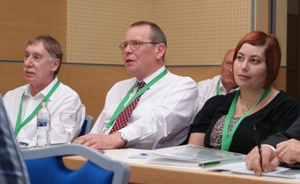Industry representatives from across Europe met at the recent Europest 2010 event held in Budapest, Hungary and organised by CEPA in assosiation with the Hungarian Pest Control Association (MaKOSZ).
Delegates from 19 different countries, coming from as far away as Australia and the USA, attended this event held on 14 & 15 June which the European Pest Management Industry Association (CEPA) had had to reschedule from an earlier April date due to the travel problems caused by the volcanic ash clouds.
|
The subjects debated at Europest fell into two halves. The second day looked at technical issues facing the industry. Whereas on the initial opening day, industry related activities took centre stage, so it was totally appropriate that Gunnar Akerblom, as president of CEPA, should open proceedings. Gunnar reviewed CEPA’s recent achievements but warned delegates by saying: “It’s good to have high ambitions. But expectations within CEPA do not, regrettably, always match the available financial resources.” Establishment of a European standard Leading this CEN project for CEPA is Sergio Urizio from ANID (the Italian national pest control association) who was regrettably unable to be present. However, Maitane Olabarria from CEN updated delegates on progress. Despite an excellent start, Ms Olabarria felt a completion date of 2013 was more realistic. Dr Andy Adams from Bayer, but representing the European Chemical Industries Council (CEFIC), discussed the impact of the forthcoming Sustainable Use Directive and Dr Alan Buckle of Alan Buckle Consulting addressed the European Commission’s stance concerning the use of anticoagulant rodenticides. Both speakers remarked how effective the representations orchestrated by CEPA and its national affiliates have been in raising the profile of the worth of these product types within the Brussels community. As chairman of the CEPA Manufacturers College, Daniel Lucian from BASF outlined the activities of the CEPA Working Group in building an effective lobbying network, tapping into the biocidal interests of related organisations such as the European Crop Protection Association (ECPA) and ultimately with CEFIC. “This is the first time the industry has really successfully pulled together,” concluded a pleased Mr Lucien. Emerging pest problems Similarly, mosquitoes are an increasing problem around Europe due largely to the effects of climate change. Increased rainfall and temperature levels have led to new and rapidly growing outbreaks of this vector-carrying pest as covered by Achim Kaiser of the German Mosquito Control Association (KABS) and Dr Claudio Venturelli of the Public Health Department from Cesana, Italy. Concluding his talk, Dr Venturelli urged the audience to: “Think globally, but act locally.” A motto appropriate to all types of pest management problems. Not all work and no play |
|
|




 Speaker, Dr Claudio Venturelli (left) with BPCA”s Richard Moseley and Stefano Scarponi of Blue Line
Speaker, Dr Claudio Venturelli (left) with BPCA”s Richard Moseley and Stefano Scarponi of Blue Line An attentive audience
An attentive audience

